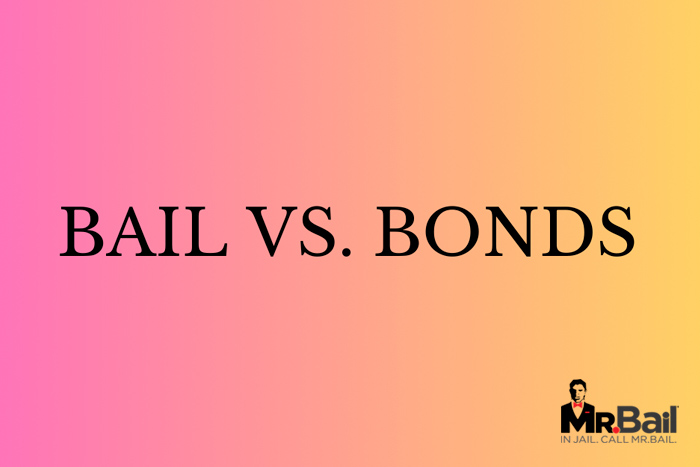
When an individual is arrested and charged with a crime, the court may require them to pay a sum of money, known as bail, before releasing them from custody. Bail is intended to ensure that the defendant will return to court for future hearings and proceedings. However, in some cases, defendants may be unable to afford to pay bail on their own. This is where bail bonds come into play.
What is Bail?
Bail is a financial guarantee set by the court that the defendant will appear for all scheduled court appearances. The amount of bail is determined based on factors such as the severity of the crime, the defendant’s flight risk, and their financial circumstances. If the defendant fails to appear in court as required, the bail will be forfeited.
What are Bail Bonds?
A bail bond is a type of surety bond that is issued by a bail bond agent. It serves as a guarantee to the court that the defendant will appear for their court hearings. If the defendant fails to appear, the bail bond agent is responsible for paying the full amount of the bail to the court.
How Bail Bonds Work
When a defendant cannot afford to pay bail, they can approach a bail bond agent. The agent will typically charge a non-refundable fee, which is usually a percentage of the bail amount. In return, the agent will post the bail with the court on behalf of the defendant.
If the defendant appears for all their court hearings as required, the bail bond agent will be entitled to a refund of the bail amount from the court. However, if the defendant fails to appear, the bail bond agent will be responsible for paying the full amount of the bail to the court.
Advantages and Disadvantages of Bail Bonds
Advantages:
- Allows defendants who cannot afford to pay bail to be released from custody.
- Provides an incentive for defendants to appear for their court hearings.
- Can help defendants avoid the negative impact of pretrial detention on their employment, family, and community ties.
Disadvantages:
- Can be costly for defendants and their families.
- May encourage defendants to flee or avoid appearing for court hearings.
- Can create a financial burden for bail bond agents if the defendant fails to appear.
Conclusion
Bail and bail bonds are important components of the criminal justice system. They serve to ensure that defendants are released from custody while still holding them accountable for appearing for their court hearings. While bail bonds can provide a valuable option for defendants who cannot afford to pay bail on their own, it is important to understand the potential risks and costs involved.
